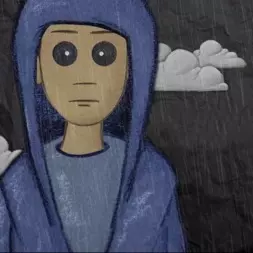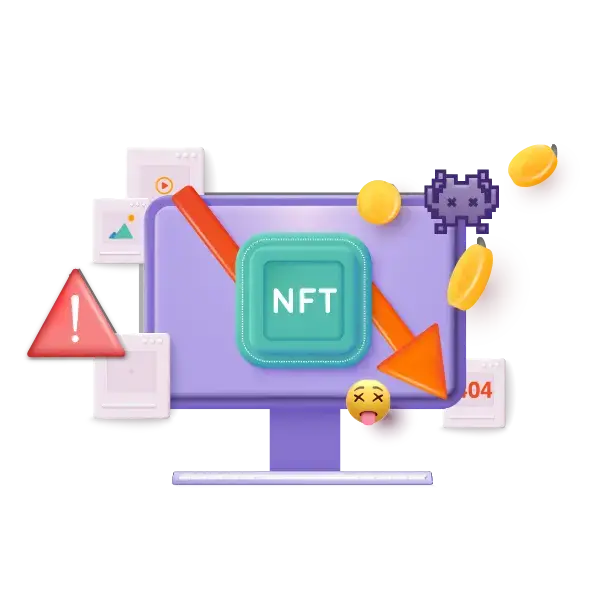TL;DR: The NFT market has drastically declined since its peak in 2021, with most NFT collections having no value. There’s an oversupply of NFTs, leading to a buyer’s market, and environmental concerns due to energy consumption. Top NFTs also struggle to maintain value, and the future of NFTs depends on utility and genuine value rather than speculation.



They just stop the seller from claiming you no longer have the right to a copy.
Has an NFT as proof of ownership ever actually been tested in a court of law?
Until it does, the claims the NFT shills make mean zero.
I don’t think you understand: a DRM-locked digital content doesn’t need, or care about, “a court of law” to work or not with a given key.
Instead of listening to the shills of GIF NFTs, centralized app/media shops, or centralized governments, try to think about what the technology actually means.
Not even that. The NFT gives you ownership of the NFT itself and nothing more. It doesn’t give you ownership or copyright over whatever the NFT is pointing to. Furthermore the links in the NFT are public and everybody can access them, the NFT does not work as access token to the content.
You could build a system where the NFT acts as access token and where every NFT comes with a license agree that say “Whoever owns this NFT has copyright over work XY”, but nobody has done that yet or at least not at scale.